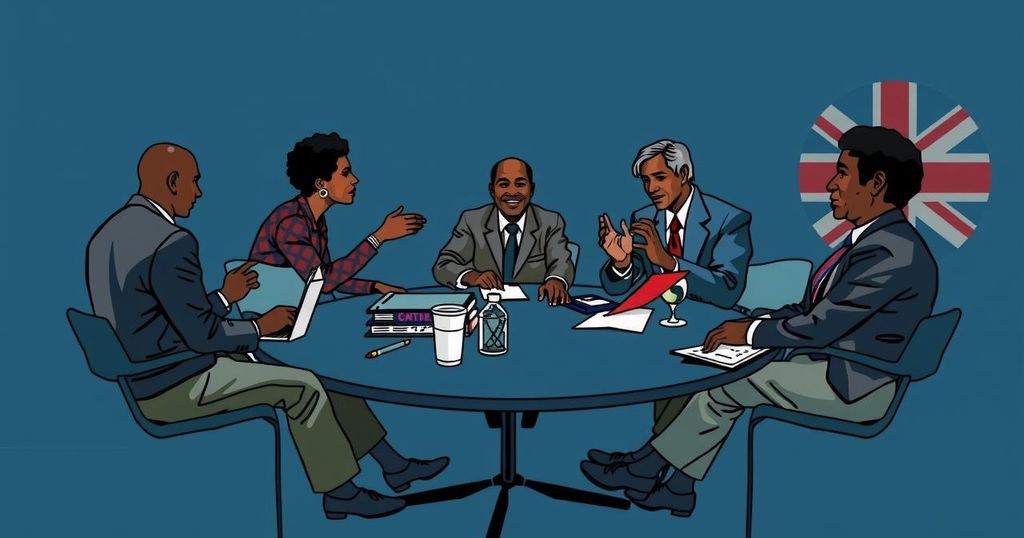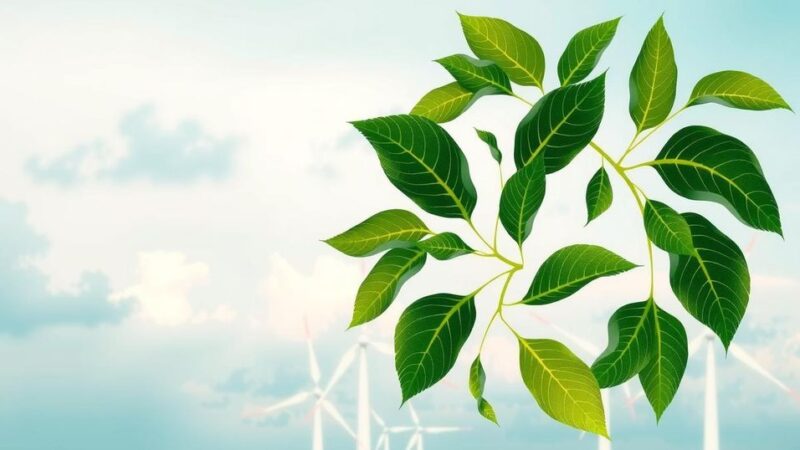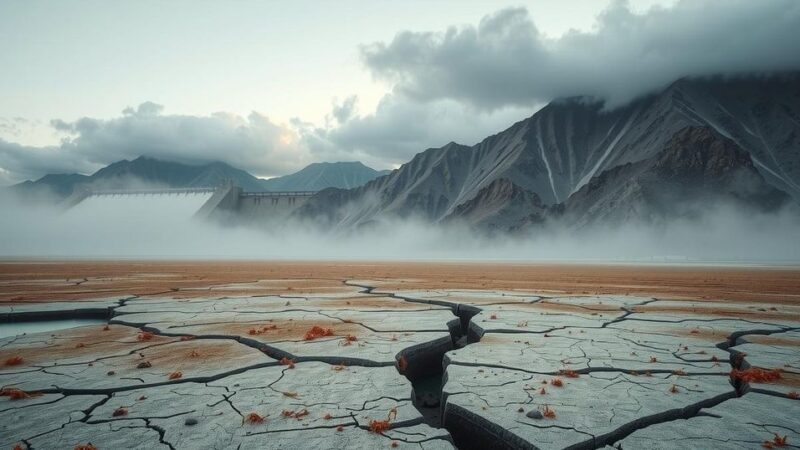The Commonwealth Heads of Government Meeting in Samoa focuses on climate change and reparations for transatlantic slavery, with discussions highlighting the urgent need for action against rising sea levels that disproportionately impact small island nations. Leaders are also pushing for the UK to address the legacies of slavery, with a commitment from the British government to engage in dialogues about reparations, despite the absence of formal discussions at the summit.
The leaders of the Commonwealth nations convened in Samoa for a summit addressing critical global issues, including climate change and the subject of reparations related to Britain’s involvement in the transatlantic slave trade. Participants included representatives from 56 Commonwealth countries and Britain’s King Charles, who gathered for the Commonwealth Heads of Government Meeting that commenced earlier in the week. Discussions on reparations have intensified recently, particularly among Caribbean nations and the African Union, and there is increasing pressure on Britain to acknowledge its historical responsibilities regarding slavery. Prime Minister Kier Starmer stated that while the UK would not formally address the reparations issue during the summit, the government is willing to engage in dialogue with those seeking reparative justice. Additionally, environmental concerns dominated the agenda, as many Commonwealth members, particularly small island nations, are significantly threatened by the escalating impacts of climate change. United Nations Secretary-General Antonio Guterres has alerted that ocean temperatures are rising at an alarming rate in the Pacific, prompting discussions on ocean protection and the need for proactive measures to combat rising sea levels. Various leaders have emphasized that climate change poses an existential threat to their nations. Amidst these discussions, the combined implications of climate change and historical injustices were acknowledged as critical challenges needing urgent attention from the global community.
The Commonwealth is a political association of 56 member states, most of which are former territories of the British Empire. The organization serves as a platform for cooperation on various global issues, including human rights, democracy, and economic development. At the upcoming summit in Samoa, two pivotal topics have been prioritized. Climate change poses a severe risk to many Commonwealth nations, particularly small island states vulnerable to rising sea levels. Simultaneously, awareness and advocacy for reparations due to the historical injustices of colonialism and the slave trade have gained traction, particularly among Caribbean nations seeking to hold their former colonizers accountable for past atrocities. This discourse is part of a broader movement to address the legacies of slavery, which have perpetuated significant racial and economic inequalities. These urgent discussions have come to the forefront as the global community grapples with persistent challenges stemming from both environmental crises and inequalities born of historical oppression.
The Commonwealth summit in Samoa presents a significant opportunity for leaders to engage in vital discussions surrounding climate change and the push for reparations related to historical injustices. With many member nations vulnerable to the detrimental effects of climate change, urgent action is required to protect these communities. Concurrently, the dialogue on reparations reflects a growing recognition of historical wrongs and the need for acknowledgment and redress. Collective efforts among Commonwealth nations may yield constructive pathways towards addressing these critical issues, thereby fostering a more equitable and sustainable future for all.
Original Source: www.voanews.com






